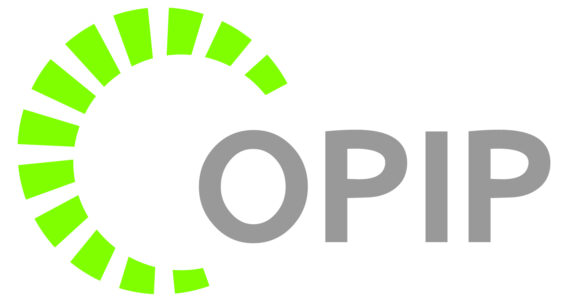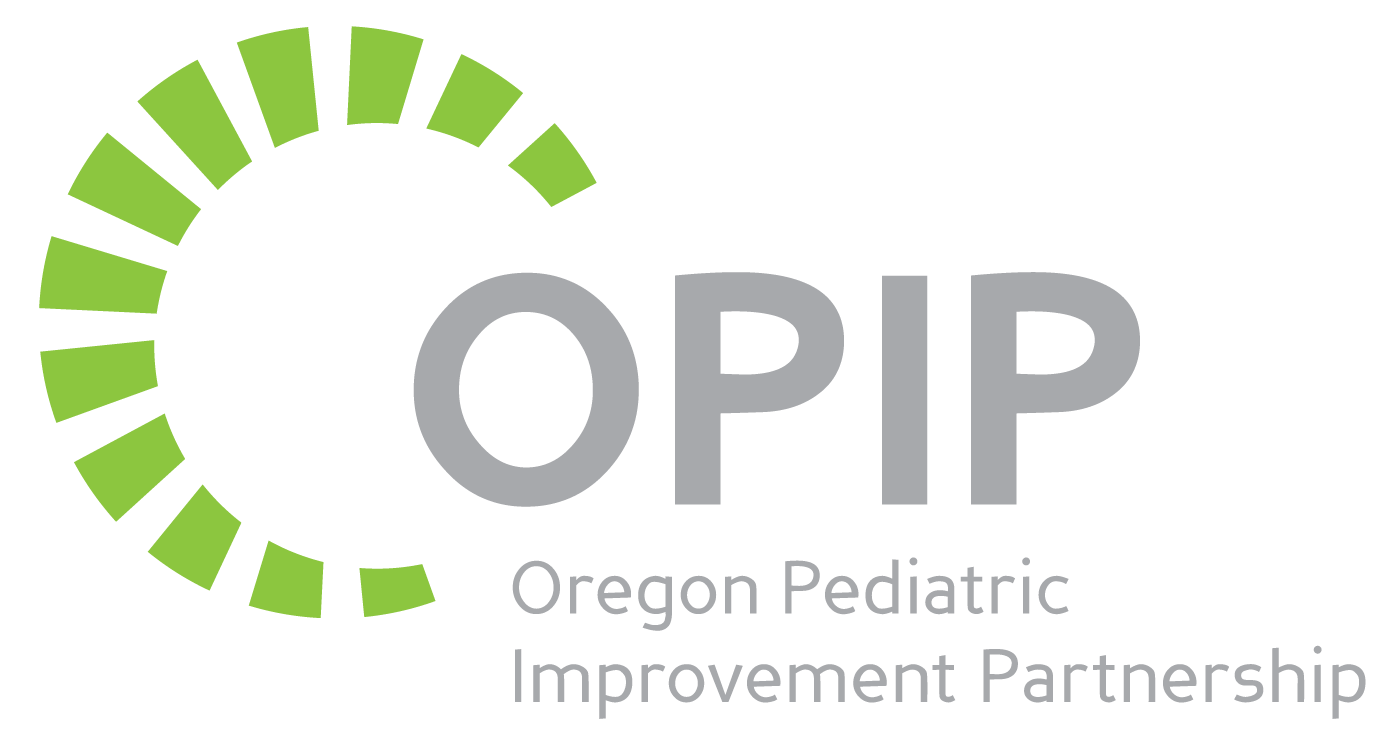PAST PROJECT
This community-level improvement effort focused on improving the receipt of services for young children identified as at-risk for developmental and behavioral delays, including partners with health system leaders, primary care, behavioral health, Early Intervention/Early Childhood Special Education, and community-based providers. This collective impact work was intentionally aligned and synergistic with a number of the CCO 2.0 policies that focus on children aged 0-5, CCO Incentive Metrics focused on children aged 0-5, and the Early Learning System Strategy that guides and informs priority work for the Early Learning Hub. As the backbone organization of early learning across all three counties, the Early Learning Hub of Central Oregon convened stakeholders semi-annually to share the learnings, discuss implications for spread, and to inform priorities and policies within the region:
- May 18th, 2020 Stakeholder Meeting Presentation
- December 2nd, 2019 Stakeholder Meeting Presentation
- August 20th, 2018 Stakeholder Meeting Presentation
This project ensured that young children identified would receive best match follow-up through closed loop referral to services that would support their development and prepare them for kindergarten. Quantitative and qualitative data reviews were initially conducted to identify activities to improve outcomes for children through targeted improvement pilot work over the course of the project. As a result of the project, a number of activities were completed, and tools were developed to support the spread of innovation more fully across all the region:
a) On-site training and at-the-elbow support to engaged primary care sites (Mosaic, COPA, Madras Medical Group and St. Charles Prineville):
- Summary of Primary Care Practice Facilitation
- Tools for Primary Care Practice to Support Enhanced Follow-up to Developmental Screening
b) Collaboratively working with Early Intervention to improve education to referring providers on best match referrals to EI and on closed loop communications for children referred, including the development of medical decision trees and community asset maps to inform clinical decision making:
- Mosaic Medical Decision Tree for Best Match Follow-up to Developmental Screening
- COPA Medical Decision Tree for Best Match Follow-up to Developmental Screening
- Madras Medical Group Medical Decision Tree for Best Match Follow-up to Developmental Screening
c) Trainings and tool development specific for children identified with social-emotional delays, those needing medical and therapy services or behavioral health supports, and to help promote developmental and behavioral health and build resiliency
- On-site Training to Address Social-Emotional Delays
- Summary of Best Practices to Address Social-Emotional Delays for Children Birth to Five
- Toolkit of Primary care and Behavioral-Strategies to Address Children with Social-Emotional Delays
d) On-site training and “at the elbow” support to Early Intervention & behavioral health providers to improve best match referrals and closed loop referrals pathways.
e) Distillation of learnings to inform state-level policies that align with best match care, such as ensuring OHP coverage for medical therapy services for children at-risk for developmental delay to allow early access to intervention.
f) Distillation of learnings from to inform potential pathways to dyadic behavioral health services for socially complex families.
Funding Sources: Funding for this project has been provided by the Central Oregon Health Council, the Early Learning Hub of Central Oregon, and the Central Oregon Maternal, Infant, and Early Childhood Home Visiting (MIECHV) System Development Funds.

